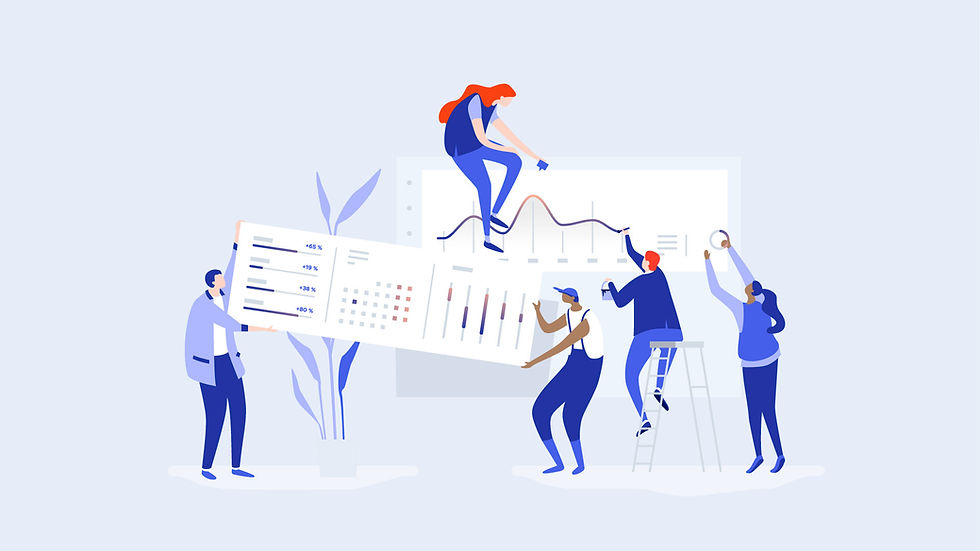Organizational Coaching
The heart of any organization are the people in it. Their values, goals and visions enable organizations to change and push transformation, restructuring and organizational learning forward.
Organizational coaching enables a holistic accompaniment of development and change processes and covers different levels in your company.
Business models are changing, as are company structures and the way teams or business units work together. This creates uncertainty among your executives and employees. It requires the ability to change strategies, processes, roles and responsibilities, but also to break down internal resistance and to develop transparent communication on all levels.

You have questions like:
-
Do we have the skills that will be needed in the future?
-
Do we understand the needs of our future employees & executives?
-
Is our structure agile enough?
-
Can we increase our innovative power?
-
Is our understanding of leadership still up to date?
-
How can we manage the company more holistically?
-
What values do we live by?
-
How resilient is our organization?

A complex process with many teams and organizational units
The communication and process control is of high importance in organizational coaching.
Since many employees, teams and executives are involved, transparency is essential with regard to the target vision, the necessary intermediate steps and the challenges ahead.
This requires close coordination between all those involved and an active role of the leadership team.
If you could get all the people in the organization rowing in the same direction,
you could dominate any industry, in any market, against any competition, at any time.
Patrick Lencioni

Process Flow Organisational Coaching
I
diagnostic phase
Due to the variety of questions that need to be answered
as well as the complexity of the interrelationships,
organisational coaching is an iterative process.
The starting point is usally a topic that is currently causing the greatest pain in an organisation. This always varies depending on the organisation and should be evaluated in an
initial diagnostic phase.
For this, personal interviews, written employee surveys or discussion rounds and workshops with executives or core teams are most valuable.
All relevant stakeholders in your organization, the CEO, the executive team as well as the HR department, should be involved in this phase, as it is important to get a comprehensive overview.
II
definition phase
In a second step,
the goal definition phase,
the active involvement of the executives is of great importance.
Their cooperation in
shaping the future and
defining the vision is essential. They can only take their teams along on the upcoming
journey of change
and support them, if they themselves stand behind the change they are striving for.
Depending on the size of the organisation, various levels of executives should be involved
at this stage.
The development of a common understanding of leadership, a common vision and strategy as well as an understanding of common values and corporate culture should be worked out in workshops before going into the implementation phase.
III
implementation
In the implementation phase, it is important to approach
an overarching plan in a structured and
step-by-step manner.
The personal support of the executives and employees
by coaches is just as important as a regular pulse check in the various departments and teams. In addition to coaching and workshops, training and peer sparring are also of great importance in this phase, as learning processes are set in motion at all levels.
It is essential to have the support of the management board and/or
the leadership circle
in order to continously and transparently communicate on progress and achievements.
Only a change process that is supported by all levels can be successful in the long run.



